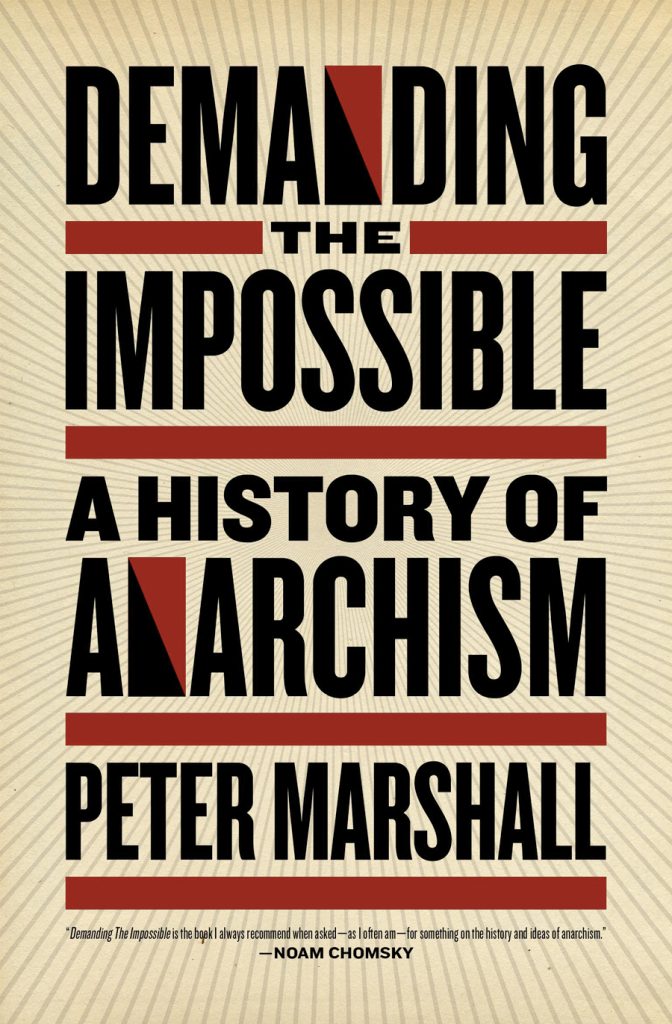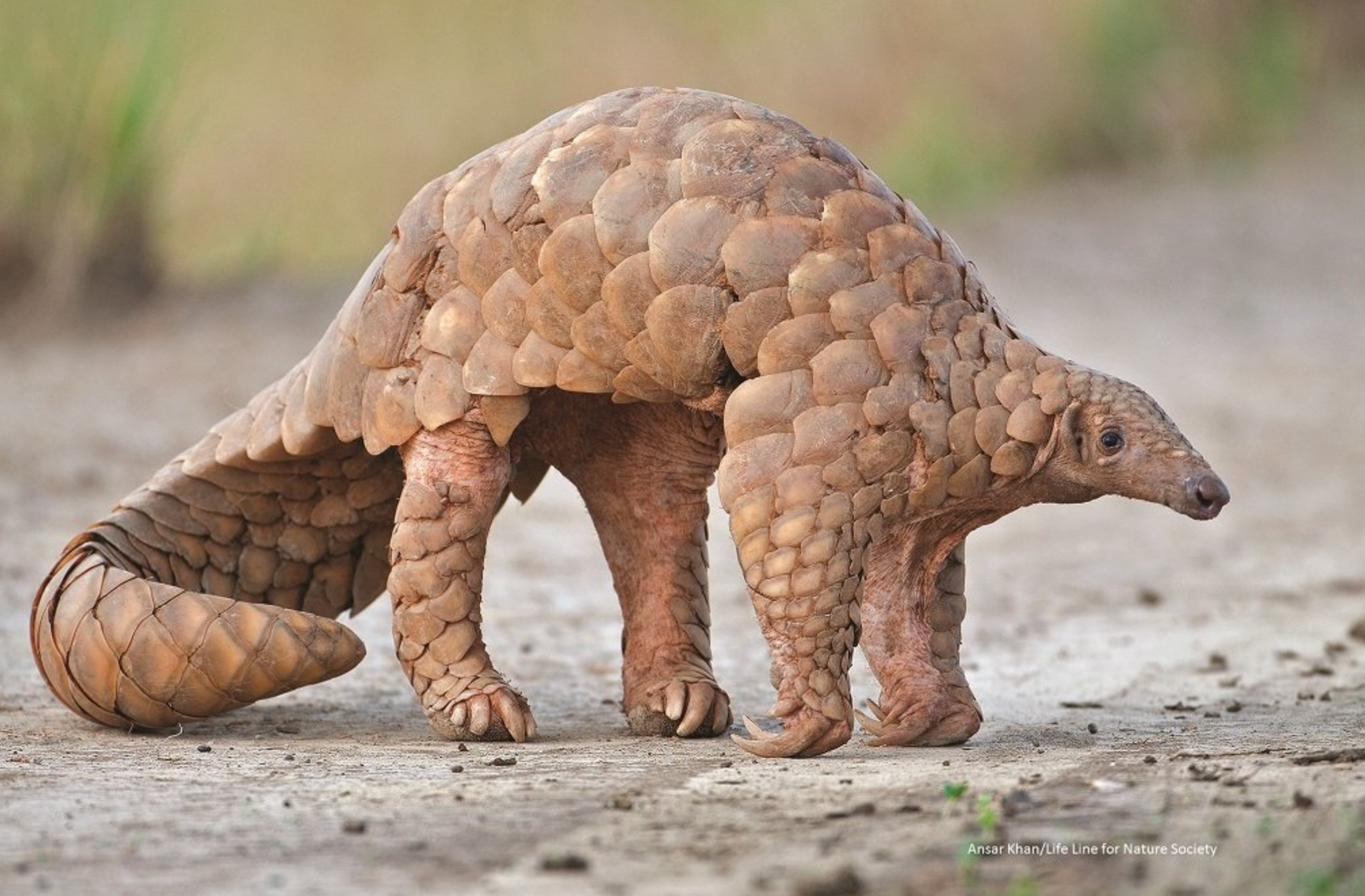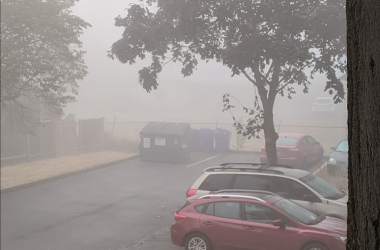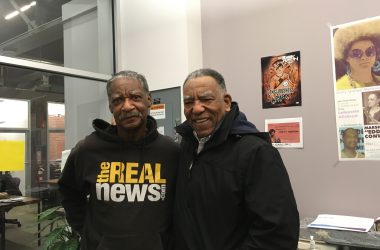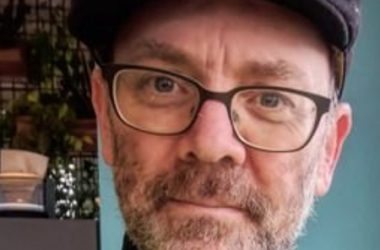By Peter Marshall
April 12th, 2020
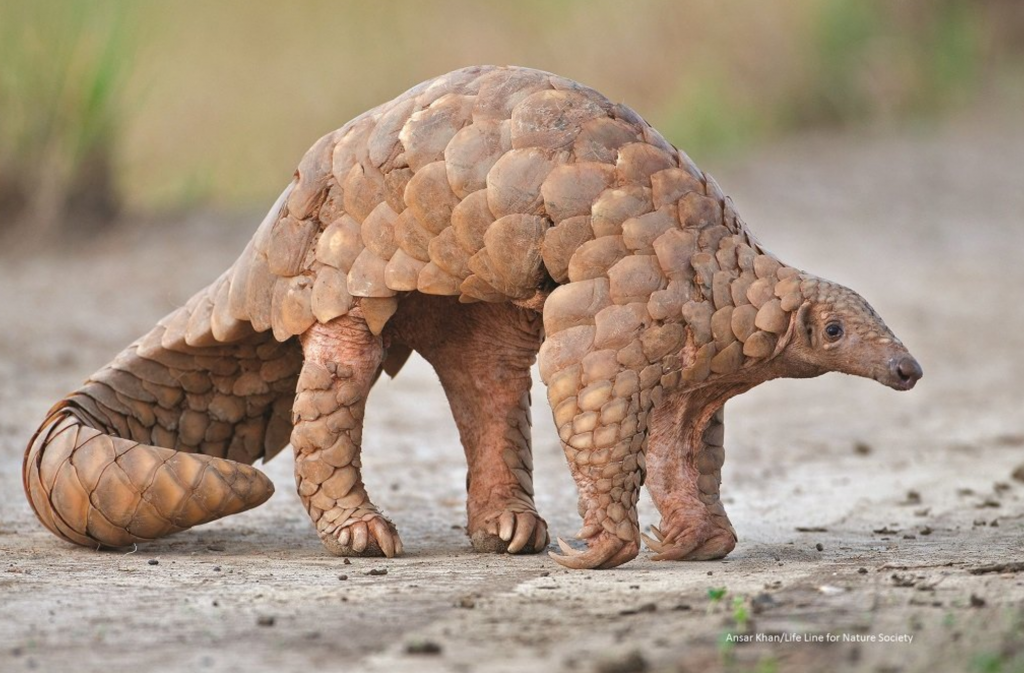
There is an upside to this pandemic among humans. With less production and consumption because people are staying at home following a recommended lockdown, many are becoming more aware of what is essential – food and water and shelter – and what is not – throwaway fashion and the huge choice of clothes, shoes and foodstuffs in the West. I hope people are questioning the absurd materialism and insane consumerism that are spreading across the planet.
The ever-increasing global heating, particularly leading to the melting of the icecaps, will soon overwhelm us and will have many destructive feedbacks throughout the world. It is probably too late now to alter real climate change, although it can be delayed a little by the right measures which at present are not being really applied. It is a question of fiddling while Rome burns. Most people will continue to party in certain parts of the globe until they are forced to stop by the impending climate catastrophe.
There is massive inequality around the world. It seems that the average American consumes about 100 times more steel than the average African, and USA requires at least 4 times of the world’s resources to maintain its lifestyle. It simply cannot be sustained, let alone spread to other countries.
The richest 1% (mainly in the USA) apparently own 99 % of the world’s wealth. About 3 billion people don’t have access to clean water and enough to eat. It’s hardly surprising that even during this outbreak of corona virus the poor and ethnic minorities suffer proportionally the most. In Britain all the doctors on the frontline who have died have been from ethnic minorities; in the USA, African Americans and Latinos have suffered most despite their relatively small percentage of the total population.
Yet with economies grinding to a halt in many countries, there is much less pollution on the land and in the sea. This can be seen by satellite images over Wuhan and north Italy compared to those taken last year in March. Where there have been shutdowns, levels of NO2 (nitrogen dioxide) have gone down significantly. Air pollution is down 60% in London alone, because car use is much less than at normal times. Air travel is not happening like it used to and aeroplanes are no longer pumping out vast quantities of CO2 in the atmosphere.
Apparently milk and meat production and consumption are also down, with some producers in Britain for instance pouring way the white liquid. It will eventually mean less cows are tortured, less methane (a severe creator of hot-house gases belched), and less soya feed imported from countries like Brazil who turn rainforest (a ‘lung of the earth’) into pasture and fields.
The rich and powerful protect themselves during the lockdown, and ministers in several countries around the world even ignore their own advice to citizens to stay home. They have gone to the beach or to their second home or visited family miles way. We know that is true in Scotland, England, Australia and New Zealand and no doubt elsewhere.
The enforced ‘idleness’ is no bad thing in itself, due to the worldwide lockdown. Workers are getting off the treadmill and their so-called bosses beginning to drop out the rat race. Many might even realize that much work is unnecessary and wasteful in factories and offices and begin to appreciate the values of leisure and ‘free’ time.
Yet this is just a temporary relief for Nature and its fauna and flora. Covid 19 virus probably came from humans eating meat from an endangered species in wildlife markets (in this case apparently the pangolin) and now it seems that humans can in fact infect cats, ferrets and primates to name but a few animals.
The power stations are still belching out smoke, especially if they use coal. If they are nuclear-fired, like many in Europe, they will continue to be a great threat to mankind and wildlife alike.
It seems that the present outbreak of the virus will lead to massive world-wide recession, probably worse than the Great Depression in the 1930s, preceded by the Wall Street crash in 1929, and the financial crisis in 2008 which lead to years of austerity.
Yet industrial growth, the primary source of global heating, will probably come back with a vengeance. Again, all politicians and governments will look and implement economic growth which since the Industrial Revolution has been the primary source of climate change. We could mitigate some of its worst effects but is probably too late to prevent the catastrophe from happening soon, if not in my life then in the lives of my children and grandchildren, for the next generation and the generations thereafter.
Everybody knows someone who has suffered from the virus and the misery it entails. Nevertheless, as a writer I am not suffering so far too much during this enforced lockdown. I am used to writing alone. Solitude is not a problem for me. But I am also a social being and realize that many people are suffering profoundly. So I am not glib.
While I can find many inspiring examples of self-organization and mutual aid all around me, I am deeply concerned that when the worst is over many people will want to return to ‘business as usual’. Indeed, industrial growth and all its destructive consequences will no doubt be accelerated in the name of profit and the exploitation of people and the planet. Social media will continue to create spooks in the head and impose chains of illusion and most of the so-called ‘workforce’ will remain, as they have been, pliant and obedient.
Socrates is meant to have said ‘an unexamined life is not worth living’. I hope this quiet interlude and personal and social tragedy will make us all re-examine our lives and reflect on the type of society we would like to imagine and create after all this.
Wake up! Be realistic, demand the impossible!
Peter Marshall is a philosopher, historian, biographer, travel writer and poet. He has written eighteen highly acclaimed books which are being translated into fourteen different languages. His circumnavigation of Africa was made into a 6-part TV series and his voyage around Ireland into a BBC Radio series. He has written articles and reviews for many national newspapers and journals.
